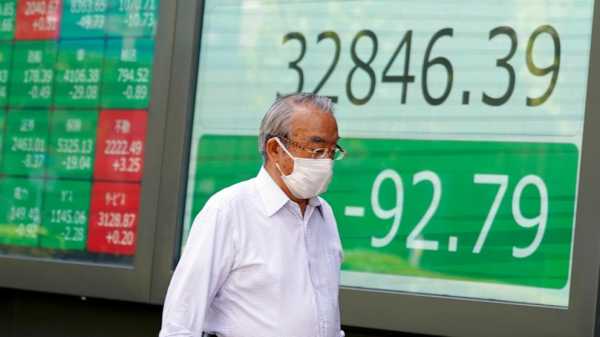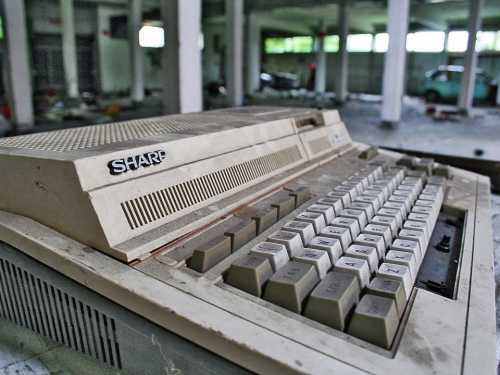
Shares fell back Tuesday in Asia after U.S. markets were closed for the Labor Day holiday.
U.S. futures also were lower and oil prices were mixed.
Hong Kong fell more than 1% as Chinese property stocks declined as investors sold to lock in gains fueled by recent efforts to support the ailing industry.
China Vanke lost 1.2%, while Country Garden Holdings gave up 2%. Hong Kong-based Sun Hung Kai Properties shed 2.4%.
Chinese services data came in weaker than expected, dulling hopes for a rebound in China's lackluster growth. A survey showed business activity in China's services sector increased at the slowest pace in eight months.
Hong Kong's Hang Seng index declined 1.4% to 18,575.00 while the Shanghai Composite index fell 0.6% to 3,157.86.
Tokyo's Nikkei 225 slipped 0.2% to 32,870.00 as the government reported weak household spending figure for August.
In Seoul, the Kospi lost 0.3% to 2,577.71. Australia's S&P/ASX 200 was down 0.5% to 7,279.30. Shares also fell in Southeast Asia and Taiwan.
Investors are watching for comments by European Central Bank chief Christine Lagarde and others later Tuesday.
On Friday, the S&P 500 rose 0.2%, coming off its first monthly loss since February, as U.S. employment figures suggested the jobs market may be cooling. That fueled hopes that the Federal Reserve might moderate interest rate increases to tamp down inflation.
The Labor Department reported Friday that employers added a solid 187,000 jobs in August, an increase from July’s revised gain of 157,000. Hiring moderated: From June through August, the economy added 449,000 jobs, the lowest three-month total in three years.
The report also showed the unemployment rate rose to 3.8% from 3.5%. That's the highest level since February 2022, though still low by historical standards.
Strong hiring and consumer spending have helped stave off a recession that analysts expected at some point in 2023. But they also make the central bank's task of taming inflation more difficult by fueling wage and price increases.
Market fears that the Fed might have to keep interest rates higher for longer — following reports showing the U.S. economy remains remarkably resilient — led the market to pull back in August.
But recent economic snapshots have bolstered the view on Wall Street that the Fed may hold rates steady at its next policy meeting in September after raising them aggressively since 2022. They are at the highest level since 2001 to try to bring inflation back to the Fed’s target of 2%. The Fed has maintained that it is ready to keep raising interest rates if it has to, but will base its next moves on the latest economic data.
In other trading Tuesday, U.S. benchmark crude gained 23 cents to $85.78 a barrel in electronic trading on the New York Mercantile Exchange. It jumped $1.92 to $85.55 a barrel on Monday.
Brent crude, the pricing basis for international trading, fell 16 cents to $88.84 a barrel.
In currency trading, the U.S dollar rose to 146.74 Japanese yen from 146.48 yen late Monday. The euro slipped to $1.0787 from $1.0796.
Sourse: abcnews.go.com






